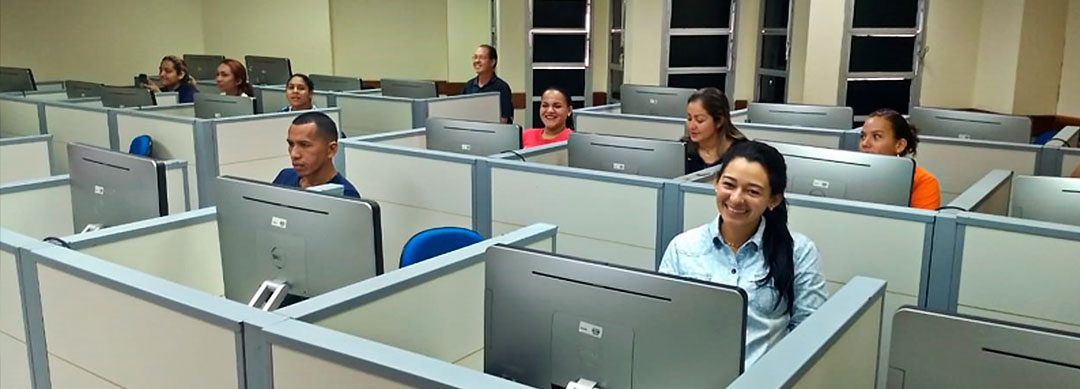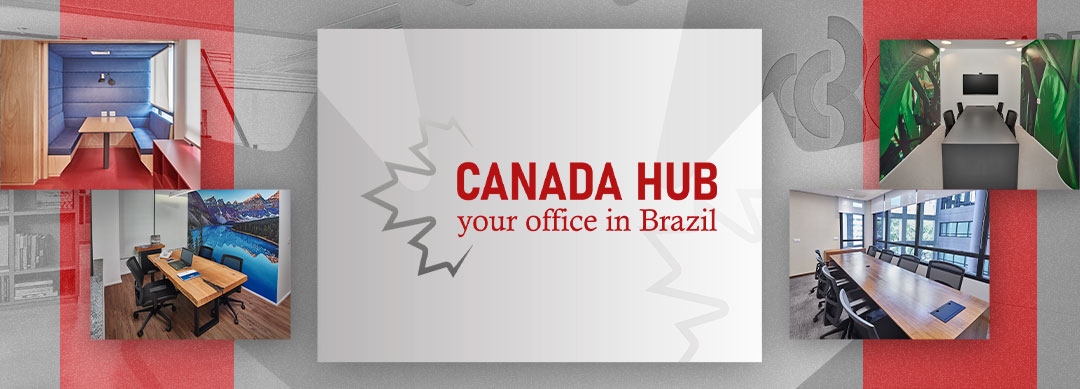Insertion of refugees in the labor market generates economic, social and cultural benefits for the host communities. Exchange of experiences between Canada and Brazil has been stimulating initiatives.
By Estela Cangerana
The year 2020 ended with the highest number of people in forced displacement on record, that is, who were forced to seek shelter outside their homes, inside or outside their countries, according to the United Nations Agency for Refugees (UNHCR). There were 82.4 million citizens worldwide, the equivalent of one in every 95 people on the planet. In Brazil, the mark of 60,000 people recognized as refugees was reached, 26,000 of them only last year, according to data from the Ministry of Justice. The host of this population can be a multicultural gain for the economies involved, an area in which Canada has great expertise and has supported initiatives in Brazil as well.
In practice, the purpose of many of these projects is to promote the integration of refugees into local society, so that they can participate and even contribute with their abilities to the development of the region in which they find themselves, going against the misguided idea that integrating these people is a social burden for communities. The Canadian view addresses just that: migrants and refugees, when given the opportunity to do so, can play a key role in the host communities that host or resettle them.
Among the Brazilian institutions that share this way of acting are, for example, the NGOs Migraflix and Instituto Adus, which have already had the support of the Canadian government in São Paulo. The purpose of the first is to foster entrepreneurship among migrants in Latin America, through gastronomic and cultural means, generating income and stimulating relationships between people from different backgrounds. The founder himself, Jonathan Berezovsky, is an Argentine who migrated to Brazil, grandson and great-grandson of refugees from Eastern Europe. Migraflix programs include projects such as Migralab and Meu Amigo Refugiado (My Refugee Friend).
Employability
The Adus institute acts strongly on training and, economic and social insertion of refugees. Portuguese language courses and training are offered to adapt to the Brazilian labor market, including issues such as adapting the curriculum to the model practiced in Brazil, guidance on labor legislation and the local business culture, among others. At the same time, the institute works with companies to bring information and seek opportunities for this population.
“In addition to the 60,000 refugees in Brazil, there is a queue of about 130,000 people requesting this condition in the country. About 20% of them have graduation, complete or incomplete. Many have professional training and were active in their countries. It is a huge contingent of economically active people who could contribute to several sectors. But unfortunately, many companies still see the refugee as just manual work”, says Marcelo Haydu, executive director of the institute.
He recalls, for example, characteristics of these professionals that often go unnoticed and that could be useful to international companies, such as knowledge of other languages, cultures and markets. “The theme of refuge is still marginally treated in Brazil. Our work has been to sensitize civil society to its fundamental role in this area”, adds Haydu.
Last year, with the Covid-19 pandemic, all Adus activities needed to migrate to digital, and support such as of the City Hall of São Paulo and the Consulate General of Canada were essential to make this transition possible. The Canadian government’s relationship with the Brazilian institute has existed since 2018 and the support for the actions gained effective contours from the following year, when Adus was included in a public notice of the government representation.
State Politics
Today Canada is one of the biggest international leaders in dealing with migration issues and in providing technical and financial support for actions related to this theme. The government believes that international migration, in addition to creating important links in a global economy, also increases the socio-cultural and economic wealth of Canadian society.
“Canada knowledges the importance of inclusion and diversity, and promotes these values through our international assistance, resettlement and refugee and immigrant integration efforts,” said Dr. Heather Cameron, Canadian Consul General in São Paulo. The success of the Canadian model in welcoming and integrating refugees is based on two programs: the Canada Settlement Program, for people who have already arrived in the country, and the Resettlement Assistance Program, for resettled refugees. Both are intended to provide all the conditions for starting a new life, including housing, language training, employment, day care, transportation and access to support groups, among others.
Canada’s initiatives with Brazil have been around for a few years and have been getting stronger since the beginning of the crisis in Venezuela, which triggered a new migratory flow. “The Government of Canada has provided R$1.6 million in direct funding to support 16 local projects to help Venezuelan migrants and refugees in 12 Brazilian states over the past five years. In addition, we work together with the Brazilian government to discuss issues of mobility and refugees, as well as the establishment of collaborative initiatives in this area”, adds the consul general.
Currently, the vast majority of refugees or asylum seekers in Brazil come from Venezuela (60% of asylum requests in 2020 according to the Ministry of Justice). Below, the list of countries of origin of these people includes Haiti, Cuba, China, Angola, Bangladesh, Nigeria, Senegal, Colombia and Syria.




